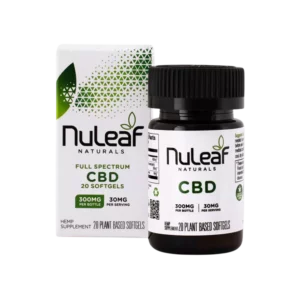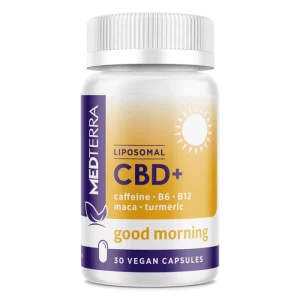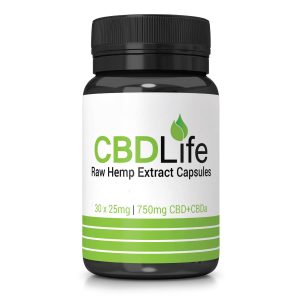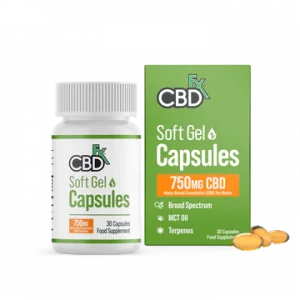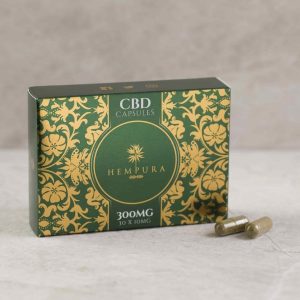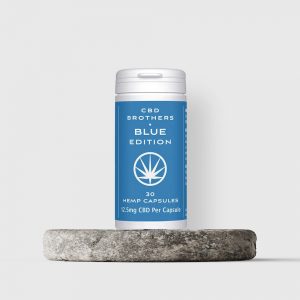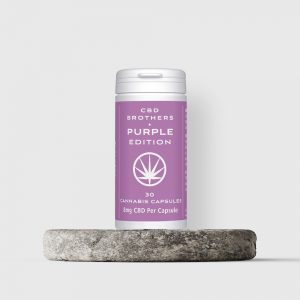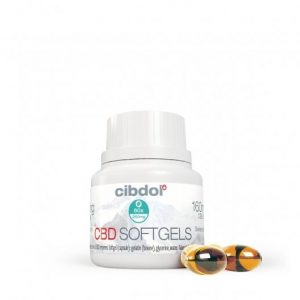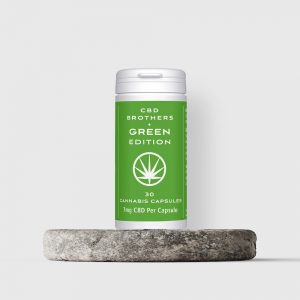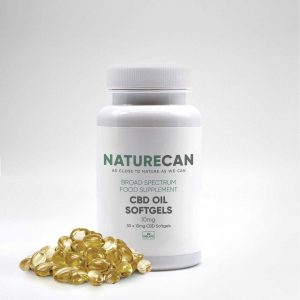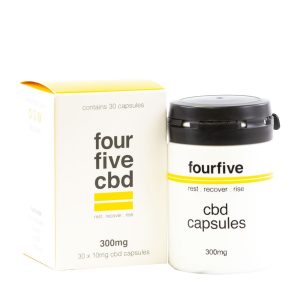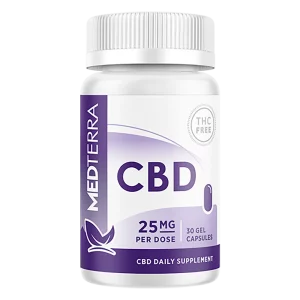CBD Capsules and Tablets
Want to get quality CBD into your system? There’s now a pill for that.
People say that good things come in small packages. And these tablets help to make CBD consumption easier than ever. They can also provide a loved one, who may not be able to ingest CBD in any other way, with the opportunity to experience its benefits.
But navigating the world of CBD tablets, pills and capsules is not quite as simple as taking the thing. For starters, ingesting CBD in tablet form is just about the least effective method of CBD absorption.
So, how do you know if what you’re getting is of a high enough quality to even be effective? Don’t worry we’re here to help. We’ve scoured the land for the very best CBD tablets out there. Let’s just say, we’re compensating for the limitations of the method itself.
So read on and discover the things you need to look out for in order to find the perfect tablets for you.
Showing 1–12 of 15 results
Why Purchase CBD Tablets?
CBD has never been more accessible than it is today.
Whether it be vapes, tinctures, creams or even edible products, CBD is everywhere and can be taken in a growing number of ways.
But what if none of those methods are right for you?
What if you don’t want to vape, hate the taste of CBD oils, and can’t bear the idea of CBD-infused chewing gum?
CBD tablets may just be the answer.
The therapeutic benefits of CBD are becoming more and more accepted, with the UK government approving two cannabis-based medicines for the treatment of epilepsy and multiple sclerosis in 2019.
It’s understandable, therefore, why more and more people are interested in taking CBD across the country.
If you’re looking to incorporate CBD products into your daily routine, CBD tablets are one of the least invasive ways of doing so.
All of us are familiar with taking tablets, whether they be Paracetamol to combat a headache or vitamin tablets to help with nutrition. Taking some form of tablet is part and parcel of life for many of us and taking CBD in this way is not going to be as alien as, say, vaping would be.
For these reasons, taking CBD in tablet form can be considered one of the most accessible ways of getting a daily dose of CBD.
What Exactly Are In These Tablets?
Most CBD tablets actually come in a gel capsule form with CBD oil directly enclosed within. This means that you swallow the CBD before tasting its distinctive flavour, which for those of you who don’t like it, is a major plus.
The shell of the capsules is usually gelatine-based – like Cibdol’s 4% CBD Softgels – which means they often aren’t suitable for vegetarians, unless stated on the packaging.
Hempura’s 300mg CBD Capsules are suitable for vegetarians as the shells are derived from vegetable cellulose – its capsules are also quite unique in that they actually contain ground hemp rather than CBD oil.
CBD Oil In Softgel Capsules
It is worth reiterating that the CBD oil found in many of these capsules is no different to standard CBD Oil Tinctures, it’s just that the CBD itself is enclosed within a shell.
That means, as with most CBD oils, it is made by extracting CBD from the cannabis plant and diluting the extract with a carrier oil like MCT (medium-chain triglyceride) oil, often taken from coconut oil.
It is worth reiterating that the CBD oil found in many of these capsules is no different to standard CBD Oil Tinctures, it’s just that the CBD itself is enclosed within a shell.
The amount of CBD in these pills and capsules can vary, but a standard dosing size is around 10mg of CBD, as found in capsules offered by fourfivecbd, Hempura and Cibdol.
It is illegal in the UK to sell products to consumers with anymore than trace elements of THC (1mg per container – i.e. bottle or packet).
If you want to find our more, take a look at this analysis on CBD Law in the UK.
How Effective Are They?
CBD tablets contain either ground hemp or CBD oil, both derived from the cannabis plant.
This means that there is really no difference between taking CBD in pill or capsule-form, or any other method, apart from the bioavailability of the method.
What Is Bioavailability
Bioavailability is defined as “a measure of the amount of an administered dose that reaches the bloodstream.” In terms of CBD, it tells us the amount of CBD that is able to be absorbed into the bloodstream when taken into the body through a particular means.
Unfortunately, the bioavailability of CBD when taken orally (ingested via the mouth) is thought to be lower than through other methods, such as through inhalation (vaping) or sublingually (usually an oil from a CBD tincture under the tongue).
Indicators do seem to suggest that taking CBD under the tongue or through vaping are more effective ways than swallowing a capsule.
To demonstrate this point, a scientific study found that when CBD was administered intranasally (through inhalation), bioavailability was 34-46%.
However, in another study, when taken orally the cannabinoid THC was found to have a bioavailability was found to be 10-20%.
It is worth mentioning that there are only a very limited number of studies in this field and each have their limitations.
However, indicators do seem to suggest that taking CBD under the tongue or through vaping are more effective ways than swallowing a capsule.
That’s not to say CBD tablets won’t have an effect, it’s just that you must weigh up whether a decreased overall effectiveness of the CBD is worth sacrificing for the benefits of CBD pills and capsules.
Are CBD Tablets Right For Me?
If you’re looking for a hassle-free way of taking CBD and would love to incorporate it into your vitamin taking routine, CBD tablets may well be the answer.
Having said this, research seems to indicate that there are other more efficient ways of taking CBD so, if you’re looking for bang-for-your-buck CBD, we would advise taking CBD oil sublingually, or even vaping CBD as it is thought to be the method with the most bioavailability.

